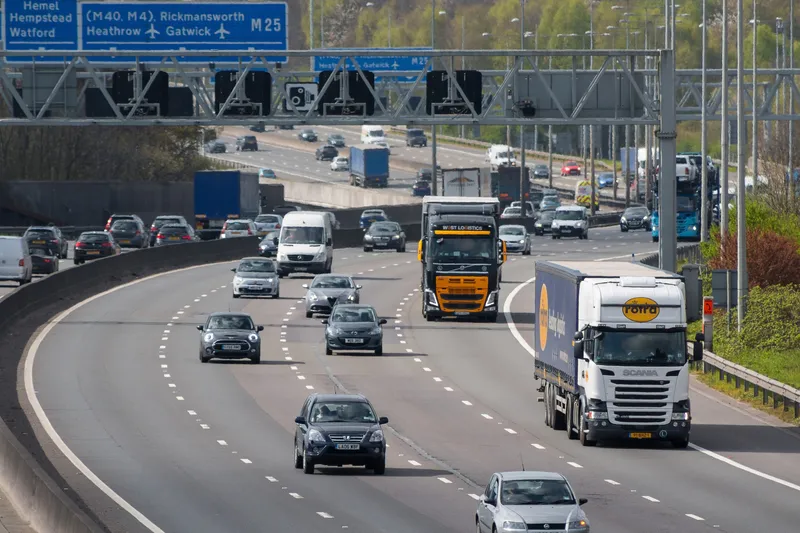In the UK delays were caused on a busy highway when a lorry caught fire. The truck was carrying a load of feathers, which were then released by the blaze. In its aftermath the scene of the incident resembled a snow storm, with some of the congestion arising from drivers on the other carriageway slowing down to see what happened. The traffic on the side of the dual carriageway where the blaze occurred was reduced to a single lane. It is not clear if police gave out allergen warnings to drivers over the prese
February 22, 2012
Read time: 1 min

In the UK delays were caused on a busy highway when a lorry caught fire. The truck was carrying a load of feathers, which were then released by the blaze. In its aftermath the scene of the incident resembled a snow storm, with some of the congestion arising from drivers on the other carriageway slowing down to see what happened. The traffic on the side of the dual carriageway where the blaze occurred was reduced to a single lane. It is not clear if police gave out allergen warnings to drivers over the presence of the airborne feathers.







